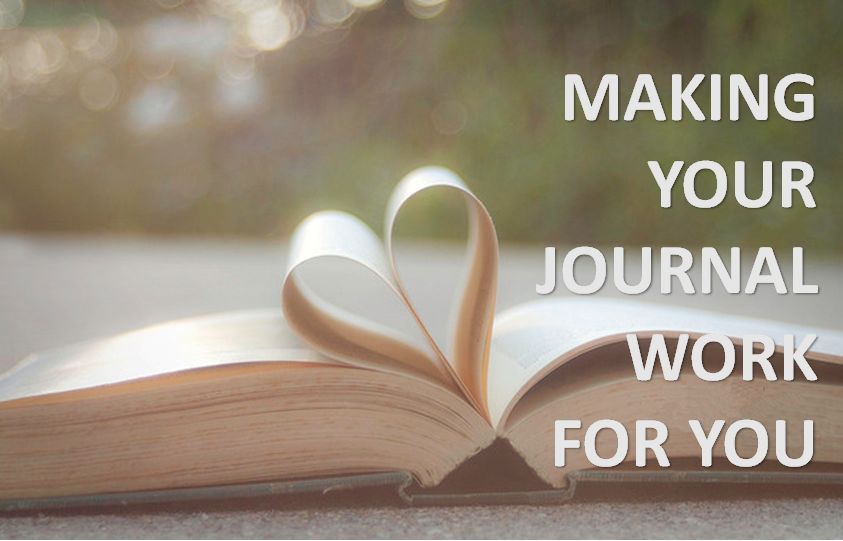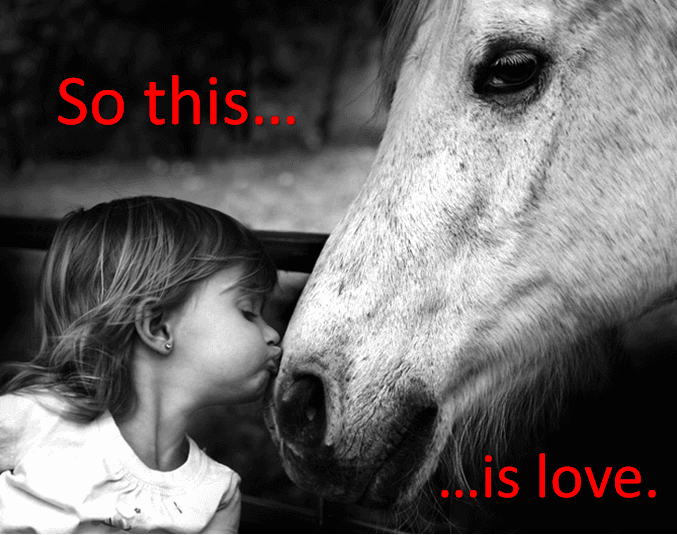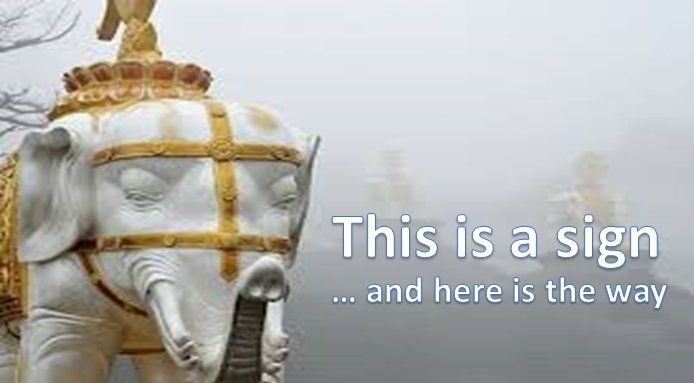Making Your Journal Work For You
- By Rebecca
- •
- 25 Jul, 2017
- •
How to harness journalling as a tool for positive growth and change

Who would have thought that the greatest struggle is picking up the pen and moving it across a blank page with purpose, and without judging both the content and the quality of your own writing. Or even that the content is safe from scrutiny and prying eyes on the pages of your journal.
Contrary to popular belief, your journal should not start with the words, “Dear Diary”, nor should it read like the recounting of the days events, or even the distant past; rehashing and potentially re-triggering. Instead, journaling is meant to be the purposeful exploration of a problem for the sake of processing it, enhancing your awareness, and ideally, finding a sense of resolution, closure or completion.
Your journal is a tool to better understand yourself. You’ll want to ask a lot of “what?” questions. What was going on for me here, what was/am I feeling, what is the significance of this, what are my beliefs around this, or even where did I learn this? What questions have a bottom line whereas “why?” questions throw us into a mental process with few definitive answers. Other good questions; “towards what end?” meaning what is my intention here, what was/am I hoping to accomplish. I also like “and then what?” meaning what lies beneath, what is the absolute bottom line?
Unfortunately, two of the things that our egos prevent are total accountability and the opportunity to use curiosity to overcome our fears and tribulations. Ego says, stay safe at all costs, and uses every tool in its arsenal: melodrama, drama, fear, terror, negative self talk, self-sabotage, punitive statements, selective memory, and the like. The egos job is to keep us safe; just it isn’t very mature, is more colorful than realistic, and can be a bit sensational. Through journaling, you get to know the ego intimately, and walk yourself through the corrective experience of challenging its varied tools.
The other thing about the ego… it likes to end on a low note. I can’t, I will fail, I will be abandoned, I’ll never succeed, I will always be alone, no one loves me, no one will ever love me. Sound familiar? The ego also answers questions like what did I learn from this with sweeping generalizations; to never trust again, etc. When you journal you want to ENSURE that you challenge these automatic thoughts. Subdue them and end on either a positive note, or a permissive note: “Even though I’m afraid, I trust ______” type of statement. If your journaling makes you feel worse, you’re probably rehashing your mental filters and not allowing your own strengths and resilience to shine through as the hero in your own process (which, it actually is).
The things to remember:
DO · Ensure your content is safe · Keep the focus on the present; don’t linger too long in the past · Look for patterns in your behavior and interactions over time · Challenge your distorted thinking · Talk about next steps which lead to resolution · Ask yourself “what” questions · Use curiosity to explore what’s going on · Keep the focus on yourself; use I statements
|
|




